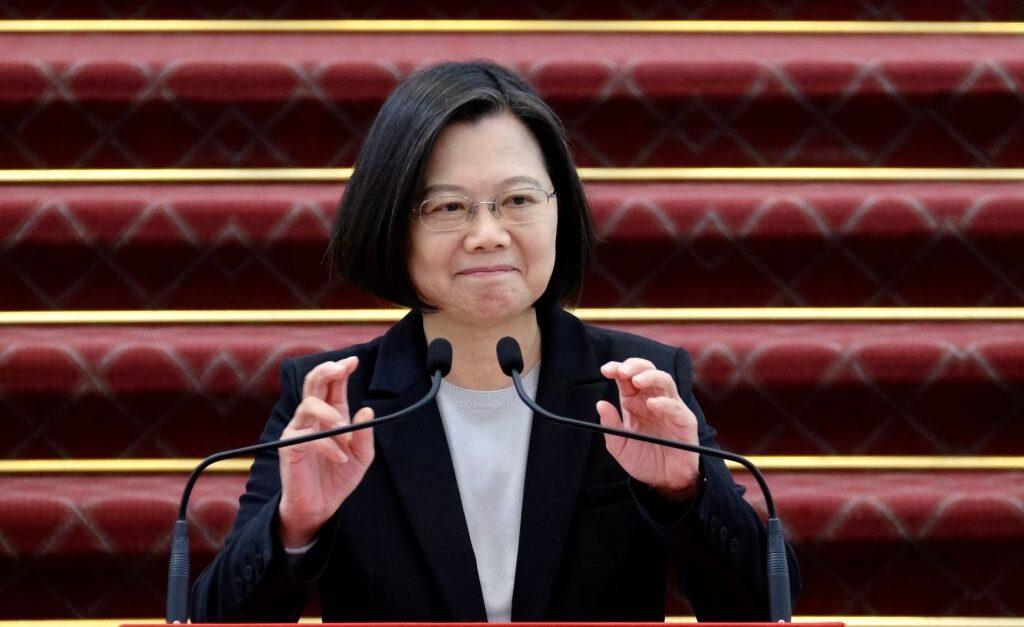TAIPEI, Taiwan—Officials took turns on July 7 criticizing Beijing and the Hong Kong government, after the latter announced details about the newly-implemented national security law on Monday.
Speaking to reporters on Tuesday, Taiwan President Tsai Ing-wen raised concerns that a provision requiring Taiwan organizations and individuals to give up information to Hong Kong police would violate Taiwan citizens’ rights.




